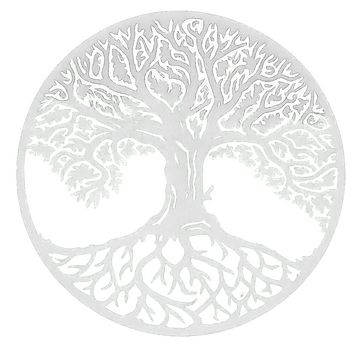
Time for soul
SERAFIMA BORISOVA
Jungian Analytical Psychologist
Dreams • Unconscious processes • Individuation
Jungian Analysis, Dreamwork
Jungian analysis is a process of psychological transformation aimed at individuation — the realization of the Self through dialogue between consciousness and the unconscious.Restoring this dialogue has a healing effect, it leads to the release of inner energy and the unfolding of the individual’s creative potential.Jungian analysis is not merely a treatment for symptoms,
but a meeting with one’s own depths — the development of an inner dialogue in which the unconscious finds its voice and the unique meaning of one’s life gradually unfolds.

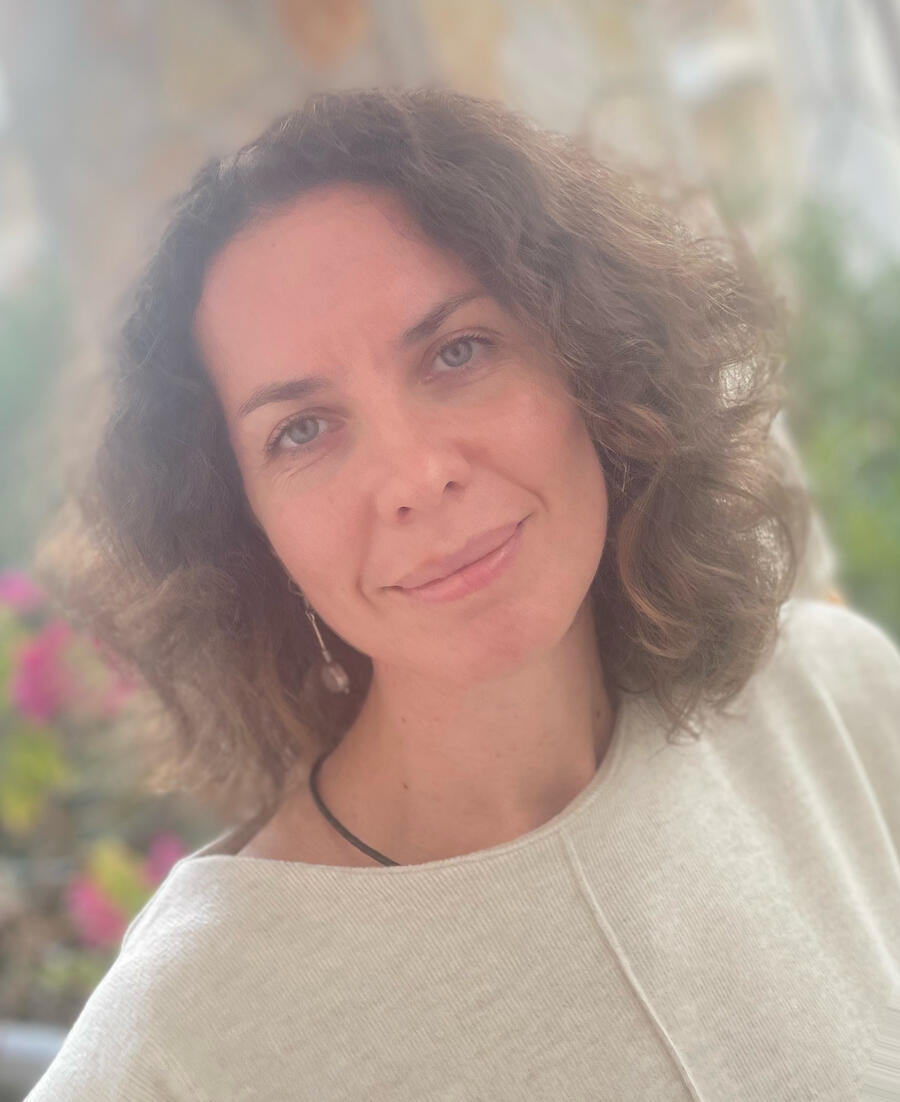
About me
I hold a degree in Psychology from Moscow State University and have completed advanced training in Jungian analysis. I have practiced depth psychology for around fifteen years, with more than 600 hours of personal analysis and over 400 hours of supervision within the Jungian tradition.
My work
Jungian analysis is a long-term process — a dialogue between analyst and analysand — aimed at fostering a more conscious and profound relationship between the ego and the unconscious of the analysand.
Through this work, the individual deepens self-understanding and moves toward a more meaningful and authentic life.Sessions are offered in person and online,
lasting 50 minutes, once or twice per week.
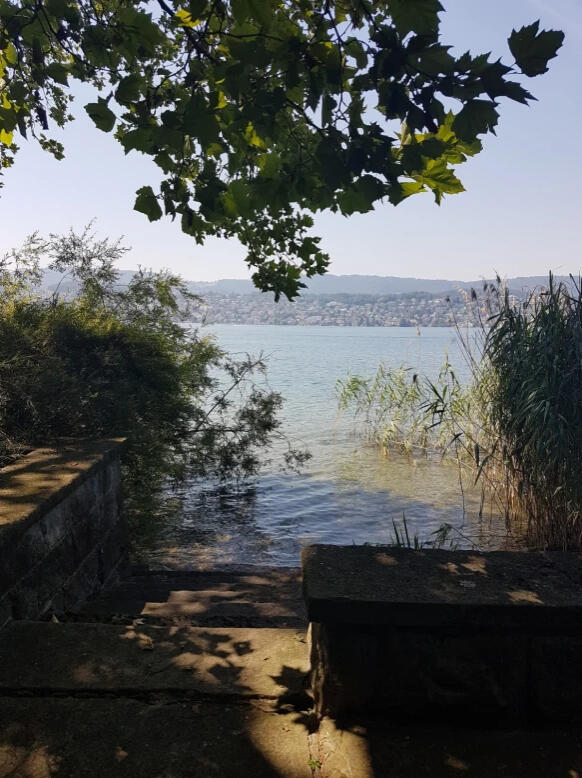

My Philosophy
The essence of Jungian analysis is the spontaneous encounter of two human beings, both striving to be conscious of their own psyche.
Healing arises not from technique, but from the living relationship that unfolds in this shared awareness.
All knowledge and experience of the analyst serve only to support this encounter — to hold it with attentiveness, humility, and respect for the mystery of the soul.
Because each soul is unique, each analysis is also unique — an art rather than a technique, shaped by the individuality of both persons and by the life that moves between them.

What is jungian analysis
When a person enters the Jungian analyst’s consulting room and begins to speak about their difficulties, something more than problem-solving begins — a relationship and a process of inner transformation are set in motion.Jungian analysis unfolds within a unique relationship between two people — the analyst and the analysand — both engaged in the work of understanding the psyche. It requires commitment and courage from both sides: the willingness to look inward, to face what has been avoided or unknown, and to stay with the process long enough for genuine change to take place.The aim of Jungian psychoanalysis is not merely to relieve symptoms, but to help the analysand come to terms with the unconscious — those inner forces, images, and patterns that shape our lives beneath awareness. As these unconscious dynamics become conscious, they begin to transform and find new relation to deeper, archetypal layers of the psyche. This movement marks progress in what Jung called the individuation process — the lifelong journey toward greater wholeness and authenticity.Within the safety of a well-maintained analytic frame, the analysand can allow fixed attitudes and defenses to soften. This “psychological fluidity” may feel disorienting at first, yet it is often the precondition for new, creative possibilities to emerge.A central aspect of Jungian analysis is the gradual experience of the Self — the inner organizing principle of the psyche and the image of our total potential. The Self is not an ideal to be achieved, but a living reality that unfolds as unconscious parts of ourselves come into awareness.In this way, analysis becomes not only a treatment for suffering, but a dialogue with the deeper life of the soul — a path toward a more integrated and meaningful existence.“We are not here to fit in, be well balanced, or provide exempla for others.
We are here to be eccentric, different, perhaps strange — to add our small piece, our clunky, chunky selves, to the great mosaic of being.
We are here to become more and more ourselves.”
— James Hollis, What Matters Most: Living a More Considered LifeText
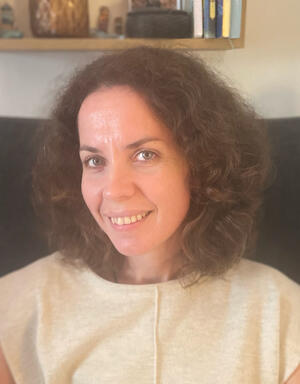
About me
My name is Serafima Borisova, I am a Jungian analyst.Education and Professional TrainingMaster’s-level degree in Psychology (with Honors), Lomonosov Moscow State University, 2004.
Professional training in Analytical Psychology (Jungian Psychotherapy), Moscow Institute of Analytical Psychology and Psychoanalysis, 2011.
Router in the Training Program for Jungian Analysts, Russian Society for Analytical Psychology (RSAP/IAAP), since 2020.
I have completed more than 600 hours of personal analysis in the Jungian approach and more than 400 hours of supervision with Jungian analyst-supervisors of RSAP/IAAP.
My PracticeAt present, I work with adults both in person and online within the framework of a depth-analytical approach.
My Path into PsychologyI came to psychology following my interest in the inner world of the human being, its depths and meanings. At that time, I was deeply engaged with the works of Viktor Frankl, Jean-Paul Sartre, Erich Fromm, Carl Gustav Jung, Merab Mamardashvili, and others.
Many of the values that were with me then, twenty years ago, remain with me now — becoming more conscious and embodied.
These values and convictions are the following: every person has a unique potential and direction, which gradually unfolds and realizes itself in life. Yet sometimes, due to various circumstances, this process is hindered, leading to suffering, depression, and an experience of meaninglessness.
Following one’s path in relation to the Self requires a stable Ego-consciousness, the capacity to remain in flexible contact with the external world, and attentiveness to the processes of one’s own psyche.
When these conditions are met, the path of individuation — that is, the fuller realization of one’s potential in life — becomes available to consciousness, fostering the experience of life as meaningful, and of oneself as more alive, creative, and resilient amidst changing life situations.
Professional ExperienceThe first focus of my professional work as a psychologist was helping people who had experienced or were undergoing extreme, crisis situations. I worked in a hospice and in the cardiology department of a Moscow hospital. My diploma research was devoted to the transformation of meaning under the threat of death.
At that time, I actively expanded my therapeutic capacity through body-oriented techniques, art therapy, and image-based methods. Yet the foundation underlying these techniques for me was always the analytical approach.
Later, my work was connected with providing psychological help to children from disadvantaged families, adolescents with deviant behavior, and their families.
Gradually, personal circumstances and inner experiences led me to Jungian analysis itself, to retrain in this specialty and to develop in this direction first as an analytical psychologist in private practice, and later as a Jungian analyst.
At present, my particular interest is related to the gradual formation of contact with unconscious processes and the integration of unconscious material by consciousness.
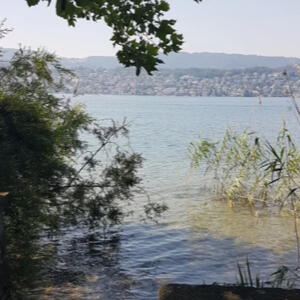
My work
Jungian analysis is a long-term process — a dialogue between analyst and analysand — aimed at fostering a more conscious and profound relationship between the ego and the unconscious of the analysand.Through this encounter, we begin to listen to the deeper layers of the psyche and to discover the conflicts and tensions that shape its dynamic life.The work often includes attention to dreams, creative expressions (such as writing, drawing, or movement), and the practice of active imagination — ways of giving form and meaning to what arises from the depths of the unconscious.You are invited to feel free and bring whatever appears in your experience — dreams, memories, emotions, or uncertainties — trusting that everything emerging in the analytic space has meaning and a place to be explored.Jungian analysis does not aim merely to remove symptoms but to bring greater meaning, authenticity, and vitality into one’s life — to reconnect the individual with the living center of the psyche.Each analysis unfolds within a clear and confidential analytic frame.
This includes regular sessions of 50 minutes, held once or twice per week, in person or online.
The time and payment are mutually agreed upon and reserved for you, creating a consistent and reliable setting that supports the analytic process.Mutual respect, honesty, and confidentiality are essential elements that protect the space where inner work can unfold safely and freely.